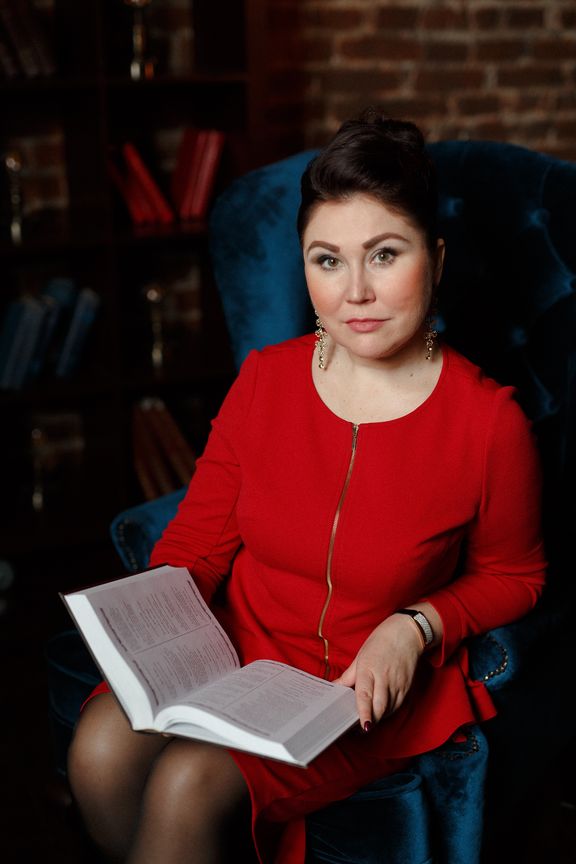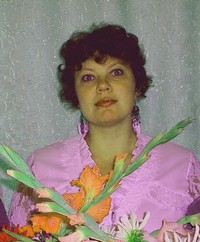UDC 791.43 BBK 85.373(2)
Katrich A. Yu. (Shahanskaya)
The article deals with specific examples of animated films in Western countries about school and University subjects. It gives there hermeneutic analysis.
The author notes that the vast majority of these media texts are animated series of 1990-2017 produced by the USA, Canada, France, Germany, Italy, Spain and others. The plots are usually simple without any deep ideological or instructive subtext, the bulk of them are entertaining, but there are also educational and developmental topics: ¬ęMagic school bus¬Ľ (1994), ¬ęAdventures of Jimmy Neutron¬Ľ (2011) and others.
The most popular animations are those where characters are famous brands of toys, such as ¬ęSchool of monsters¬Ľ (2010), ¬ęWinx Club ‚Äď winx¬Ľ (2004-2015), ¬ęBarbie: Princess charm school¬Ľ (2011), etc. ¬†Animated series on the subject of school and University are equally popular. Their main characters are beloved by audiences: “Monsters University” (2013), ¬ęSchool for vampires¬Ľ (2006-2010), ¬ęCasper: scare school¬Ľ (2006), ¬ęSchool little princesses¬Ľ (2007), ¬ęDC girls are superheroes¬Ľ (2015), ¬ęHercules¬Ľ (1998), ¬ęThe Emperor’s New school¬Ľ (2006-2008) and others.
The cartoons about unusual school days of ordinary students are less popular: ¬ęAllen Gregory¬Ľ (2011), ¬ęChildren of class 402¬Ľ (2010), ¬ęChildren grew up¬Ľ (2003), ¬ęSit down, deuce!¬Ľ (2009), ¬ęWhat about Andy?¬Ľ (2001-2006), ¬ęO’grady School¬Ľ (2004-2006) and others.
The character types are very diverse; they are fabulous and fictional characters, based on literary works, or drawn characters similar to ordinary students and teachers, placed in the environment of school days.
Key words: hermeneutical analysis, animation, animated film, school, University, pupil, student.
* Support and acknowledgement
This article is supported by the grant of the Russian Science Foundation (RSF). Project 17-18-01001 ¬ęSchool and university in the mirror of the Soviet, Russian and Western audiovisual media texts¬Ľ, performed at Rostov State University of Economics.
Download article in PDF (386.9 kB)




